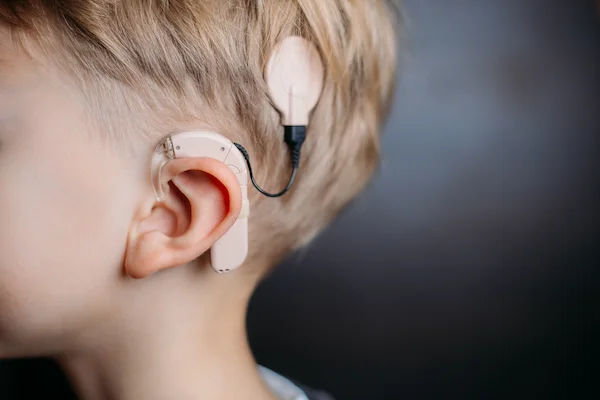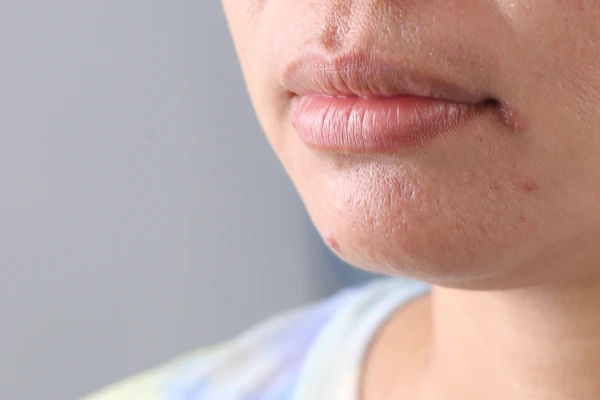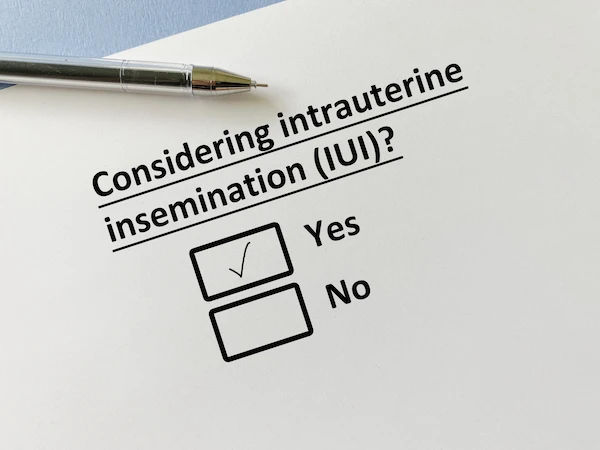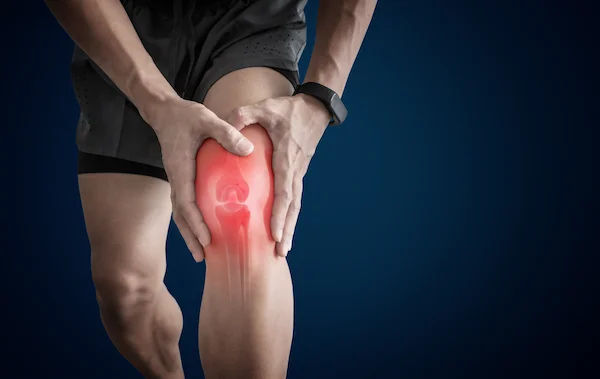What Leads To Signs Of Ringworm And Types
Learn what leads to signs of ringworm, the types affecting different body areas, symptoms, treatment options, and prevention tips. Know when to seek medical advice.

Written by Dr. Mohammed Kamran
Reviewed by Dr. Shaik Abdul Kalam MD (Physician)
Last updated on 13th Jan, 2026
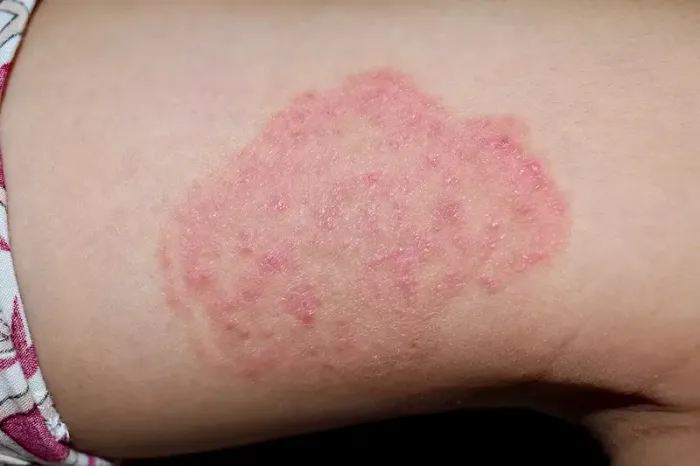
Introduction
Ringworm is a very common fungal skin infection that can appear almost anywhere on the body. Despite the name, there is no “worm” involved—ringworm is caused by dermatophyte fungi that live on the skin, hair, and nails. It often appears as a red, circular rash with clearer skin in the middle, though it can look different depending on the affected area and individual skin response. Understanding what leads to the signs of ringworm and the types you may encounter helps you identify it early, treat it effectively, and prevent it from spreading to family members or pets.
In this guide, you’ll learn how ringworm manifests on different body parts, the causes, who is at risk, and how it spreads. We cover types of ringworm, including tinea corporis, capitis, pedis, cruris, and more, how to distinguish ringworm from look alikes such as eczema or psoriasis, effective treatments, and prevention strategies. Practical examples from daily life—gym locker rooms, pet care, and home hygiene—are included, along with guidance on when to see a doctor. If symptoms persist beyond two weeks, consult a doctor online with Apollo 24|7 for further evaluation.
What Is Ringworm? The Basics
Here's an overview of ringworm:
Ringworm is a superficial fungal infection caused by dermatophytes, fungi that feed on keratin in the skin, hair, and nails. The term “ringworm” refers to the classic ring-shaped rash with a slightly raised border and clearer skin in the centre.
It thrives in warm, moist environments and can spread through direct skin contact, animals, or contaminated objects such as towels, hats, hairbrushes, and locker room floors. Untreated ringworm may spread to other areas or people. Scalp infections can cause patchy hair loss, and nail infections lead to thick, brittle nails. Most cases respond well to topical antifungals like clotrimazole or terbinafine, while extensive, scalp, or nail infections may require oral antifungals.Consult Top Specialists
What Leads to the Signs of Ringworm?
Here's how ringworm develops:
The visible signs—itching, red or darker-toned rings, scaling, and sometimes hair loss—result from fungal growth and the immune system’s response.
• Moisture–friction–microbe triangle: Sweat, tight clothing, and friction soften the skin and trap humidity, creating an ideal environment for dermatophytes.
• Common triggers: Shared sports gear, unwashed yoga mats, infrequent sock changes, and walking barefoot in communal areas. Barbershop tools and helmets can also contribute.
• Barrier damage and pH shifts: Minor abrasions, eczema, or over-washing can disrupt the skin barrier, making it easier for fungi to invade.
Example: A weekend footballer who stores damp cleats and reuses sweaty socks is prone to athlete’s foot. Addressing moisture and friction accelerates recovery and reduces relapse.
Types of Ringworm by Body Site
Here's a breakdown of ringworm types by body area:
• Tinea corporis (body): Circular or oval patches with scaly, advancing edges; pets are common sources.
• Tinea capitis (scalp): Causes patchy hair loss and scaling; severe cases may develop kerion, requiring oral antifungals.
• Tinea pedis (athlete’s foot): Affects spaces between toes; includes itching, burning, scaling, and fissures.
• Tinea cruris (jock itch): Red to brown rash in the groin and inner thighs; itchy with scaly border.
• Tinea manuum (hand): Usually affects one hand with dry scaling; may mimic eczema.
• Tinea unguium/onychomycosis (nails): Thick, discoloured, brittle nails; oral therapy often needed.
• Tinea faciei and tinea barbae (face/beard): Rashes can be subtle or pustular with hair loss; contaminated barber tools are a risk.
Signs and Symptoms: What Does Ringworm Look Like?
Here's what to look for:
• Expanding, ring-shaped or wavy border that is slightly raised and scaly
• Itching ranging from mild to severe
• Central clearing in the middle of the patch
• Scalp: patchy hair loss, broken hairs, scaling; kerion may appear boggy and tender
• Feet: peeling between toes, burning, fissures; moccasin type affects dry soles
• Nails: thickening, yellow-white or brown discoloration, crumbling edges
Variations include tinea incognito (steroid-treated) and differences in skin tone, where borders may appear hyperpigmented rather than red.Consult Top Specialists
How Ringworm Spreads—and Who’s at Risk
Here's how transmission occurs:
• Person-to-person: Skin contact, shared towels, clothing, combs, hats
• Animal-to-person: Cats, dogs, guinea pigs, farm animals; kittens are common sources
• Environment-to-person: Locker rooms, shower tiles, gym equipment
High-risk settings include gyms, schools, daycare centres, and barbershops. Risk factors include damp clothing, skin barrier issues, diabetes, obesity, immunosuppression, and untreated athlete’s foot or nail fungus.
Diagnosis: Home Clues and Clinical Tests
Here's how to identify ringworm:
Home clues: Ring-shaped, itchy, scaly edge; history of exposure to pets, gym floors, or team sports.
Clinical tests: KOH microscopy, fungal culture, Wood’s lamp, dermoscopy.
See a doctor if the rash affects the scalp, face, or groin, has severe inflammation or drainage, or shows no improvement after 1–2 weeks of topical treatment.
Treatment: What Works and Why
Here's the treatment approach:
Topical antifungals: Terbinafine, clotrimazole, miconazole applied to the visible rash and 2 cm beyond; continue 1–2 weeks after clearance.
Oral antifungals: For scalp, nails, or widespread cases (terbinafine, itraconazole, griseofulvin).
Avoid steroids: Steroid-only creams can worsen ringworm.
Practical example: Treat jock itch and athlete’s foot simultaneously, keep areas dry, and use moisture-wicking fabrics.
Prevention: Stop the Spread and Recurrence
Here's how to prevent ringworm:
• Wash towels, socks, and clothing in hot water; dry on high heat
• Don’t share towels, hats, brushes, or clippers
• Rotate shoes, let them dry fully, use antifungal powders
• Wear flip-flops in communal showers
• Check pets and treat if necessary
• Clean shared surfaces with disinfectant
Ringworm Look alikes: Get the Right Diagnosis
Here's how to distinguish them:
• Eczema: Dry, itchy, lacks sharply demarcated border
• Psoriasis: Silvery scale on elbows/knees; nail pitting
• Pityriasis rosea: Herald patch, trunk patches in “Christmas tree” pattern
• Nummular dermatitis: Coin-shaped, less active edges
• Granuloma annulare: Smooth annular plaques, no fungus
• Bacterial folliculitis/impetigo: Pustules or crusts needing antibacterial treatment
Special Situations
Here's what to note:
• Children/scalp: Oral antifungals and medicated shampoos; notify schools if advised
• Athletes: Routine skin checks, no sharing of gear, weekly mat cleaning
• Bearded area/barbershops: Proper instrument sterilisation; avoid straight-razor shaves on active rash
Consult Top Specialists
Complications and When to Seek Help
Here's when to seek care:
• Secondary bacterial infection, scarring alopecia, chronic or recurrent disease
• Rash on scalp, face, groin not improving
• Significant pain, swelling, pus, fever
• Children with hair loss or tender nodules
Myths, Mistakes, and Smart Self Care
Here's guidance:
Myths: Ringworm always forms perfect rings; natural oils cure it
Mistakes: Using steroid creams alone, stopping treatment early, treating nails with creams only
Self-care plan: Apply topical antifungals twice daily, keep area dry, use antifungal powders, launder clothes on hot, reassess at day 10–14, seek medical advice if not improving
Conclusion
Ringworm is common, contagious, and treatable. Knowing what leads to the signs and the types allows early, confident action. Maintain a dry microclimate, reduce friction, avoid sharing personal items, and recognise characteristic patterns such as ring-shaped borders, scaling, athlete’s foot, patchy scalp hair loss, and thickened nails. Topical antifungals are effective for most cases, while scalp and nail infections often need oral treatment.
If symptoms persist beyond 10–14 days or involve severe inflammation, fever, or pain, seek medical advice. Consult a doctor online with Apollo 24|7 for ongoing evaluation. Addressing reservoirs, including athlete’s foot, nail fungus, and pets, helps prevent recurrence. For frequent cases, discuss underlying factors like diabetes with your clinician; Apollo 24|7 offers home HbA1c collection.
With informed action and consistency, most people clear ringworm without complications and prevent recurrence, keeping skin healthy, comfortable, and confident.
Consult Top Specialists

Dr. Chethan T L
General Physician/ Internal Medicine Specialist
5 Years • MBBS, MD, DNB (General Medicine)
Bengaluru
Apollo Medical Center, Marathahalli, Bengaluru

Dr. Rajib Ghose
General Physician/ Internal Medicine Specialist
25 Years • MBBS
East Midnapore
VIVEKANANDA SEBA SADAN, East Midnapore

Dr. Mainak Bakshi
General Physician/ Internal Medicine Specialist
13 Years • MBBS, MD Master in Public Health (Epidemiology)
Barasat
Diab-Eat-Ease, Barasat
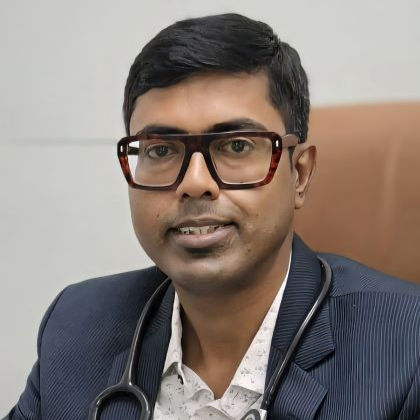
Dr. Buddhadeb Roy
General Practitioner
18 Years • Medicine Consultant and Diabetologist (MBBS,DMCW, MRCP UK Edinburgh, CCEBDM, IDEC)
Kolkata
The Foresight Diagnostic, Kolkata
(125+ Patients)
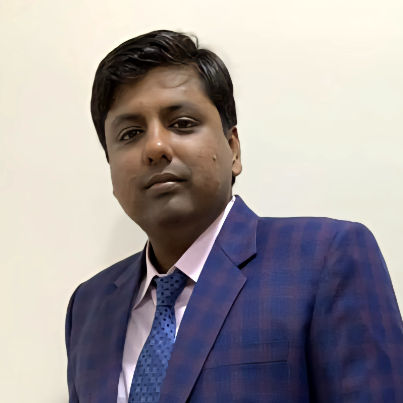
Dr Akash Bhojgaria
General Physician/ Internal Medicine Specialist
10 Years • MBBS
New Town
Prime Diagnostic and Polyclinic, New Town
Consult Top Specialists

Dr. Chethan T L
General Physician/ Internal Medicine Specialist
5 Years • MBBS, MD, DNB (General Medicine)
Bengaluru
Apollo Medical Center, Marathahalli, Bengaluru

Dr. Rajib Ghose
General Physician/ Internal Medicine Specialist
25 Years • MBBS
East Midnapore
VIVEKANANDA SEBA SADAN, East Midnapore

Dr. Mainak Bakshi
General Physician/ Internal Medicine Specialist
13 Years • MBBS, MD Master in Public Health (Epidemiology)
Barasat
Diab-Eat-Ease, Barasat

Dr. Buddhadeb Roy
General Practitioner
18 Years • Medicine Consultant and Diabetologist (MBBS,DMCW, MRCP UK Edinburgh, CCEBDM, IDEC)
Kolkata
The Foresight Diagnostic, Kolkata
(125+ Patients)

Dr Akash Bhojgaria
General Physician/ Internal Medicine Specialist
10 Years • MBBS
New Town
Prime Diagnostic and Polyclinic, New Town
Consult Top Specialists

Dr. Chethan T L
General Physician/ Internal Medicine Specialist
5 Years • MBBS, MD, DNB (General Medicine)
Bengaluru
Apollo Medical Center, Marathahalli, Bengaluru

Dr. Rajib Ghose
General Physician/ Internal Medicine Specialist
25 Years • MBBS
East Midnapore
VIVEKANANDA SEBA SADAN, East Midnapore

Dr. Mainak Bakshi
General Physician/ Internal Medicine Specialist
13 Years • MBBS, MD Master in Public Health (Epidemiology)
Barasat
Diab-Eat-Ease, Barasat

Dr. Buddhadeb Roy
General Practitioner
18 Years • Medicine Consultant and Diabetologist (MBBS,DMCW, MRCP UK Edinburgh, CCEBDM, IDEC)
Kolkata
The Foresight Diagnostic, Kolkata
(125+ Patients)

Dr Akash Bhojgaria
General Physician/ Internal Medicine Specialist
10 Years • MBBS
New Town
Prime Diagnostic and Polyclinic, New Town
More articles from General Medical Consultation
Frequently Asked Questions
1) How long is ringworm contagious after starting treatment?
Most people become much less contagious within 48–72 hours of appropriate antifungal therapy, but continue treatment for the full course to prevent relapse.
2) What does ringworm look like compared to eczema?
Ringworm typically has a raised, scaly, active border with central clearing; eczema is more uniformly dry and itchy without a sharp, advancing edge. If in doubt, ask about a simple KOH test for ringworm.
3) Can I treat ringworm at home, and when should I see a doctor?
Yes, use topical antifungals like clotrimazole or terbinafine for 2–4 weeks and keep the area dry. See a doctor if it’s on the scalp or nails, if there’s severe inflammation, or if there’s no improvement in 1–2 weeks. If symptoms persist beyond two weeks, consult a doctor online with Apollo 24|7.
4) How do I prevent ringworm from coming back?
Keep skin dry, use breathable clothing, don’t share towels or brushes, wear flip-flops in communal areas, and treat reservoirs like athlete’s foot and nail fungus. Consider pet evaluation if household cases recur.
5) Are steroid creams safe for ringworm?
Steroid-only creams can worsen ringworm or make it harder to recognise (tinea incognito). Use antifungal creams as directed; avoid steroid combinations unless specifically advised by a clinician.

